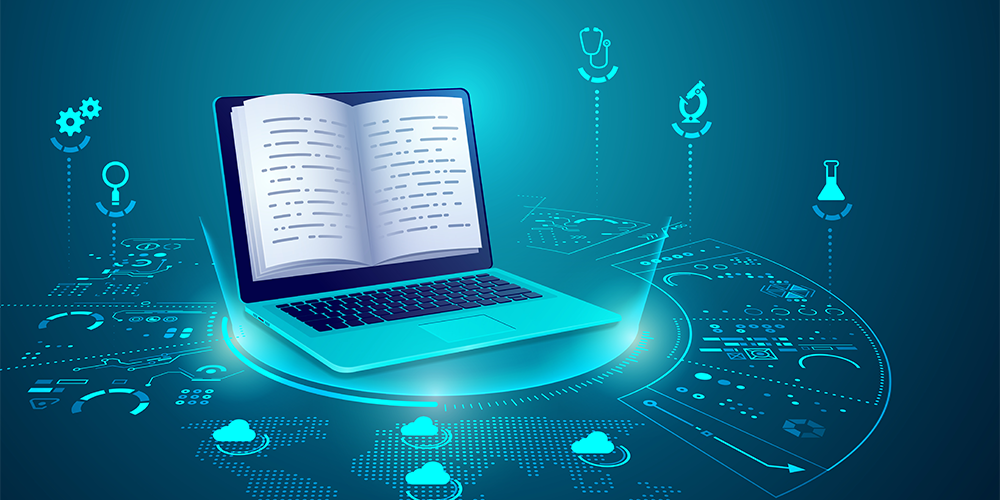
Educational technology, or EdTech, has revolutionized the way we learn and teach. By leveraging innovative tools and digital resources, educators can create engaging and effective learning experiences.
The Impact of Educational Technology
Educational technology has significantly impacted the traditional classroom setting. It has opened up new avenues for learning, making education more accessible, interactive, and personalized.
- Enhanced Learning Experiences: EdTech tools, such as interactive simulations, virtual field trips, and educational games, can make learning more engaging and enjoyable.
- Personalized Learning: By tailoring instruction to individual student needs, EdTech can help learners progress at their own pace and achieve their full potential.
- Remote Learning: Online learning platforms and video conferencing tools have enabled remote learning, making education accessible to learners around the world.
- Collaborative Learning: EdTech tools facilitate collaboration among students, fostering teamwork, critical thinking, and problem-solving skills.
Key EdTech Tools and Their Applications
- Learning Management Systems (LMS): LMS platforms provide a centralized hub for course content, assignments, and communication. They enable teachers to deliver online courses, track student progress, and provide timely feedback.
- Educational Apps: Mobile apps offer a variety of educational content, from language learning to math practice. These apps can be used for independent learning or as supplementary tools in the classroom.
- Interactive Whiteboards: Interactive whiteboards allow teachers to present lessons in a dynamic and engaging way. They can be used to display multimedia content, annotate documents, and collaborate with students.
- Virtual and Augmented Reality: VR and AR technologies offer immersive learning experiences. Students can explore historical sites, conduct virtual experiments, and visualize complex concepts.
Challenges and Considerations in EdTech
While educational technology offers numerous benefits, there are also challenges to consider:
- Digital Divide: Not all students have equal access to technology, creating a digital divide.
- Teacher Training: Educators need adequate training to effectively use EdTech tools.
- Technical Issues: Technical difficulties can disrupt the learning process.
To address these challenges, it is essential to provide equitable access to technology, invest in teacher training, and ensure reliable internet connectivity.
The Future of Educational Technology
The future of educational technology is bright, with exciting innovations on the horizon. Artificial intelligence, machine learning, and big data analytics will further enhance personalized learning experiences.
As technology continues to evolve, it is crucial to strike a balance between traditional teaching methods and innovative EdTech tools. By leveraging the power of technology, we can create a future where education is accessible, engaging, and effective for all.




64be9b29b5881.jpg)

